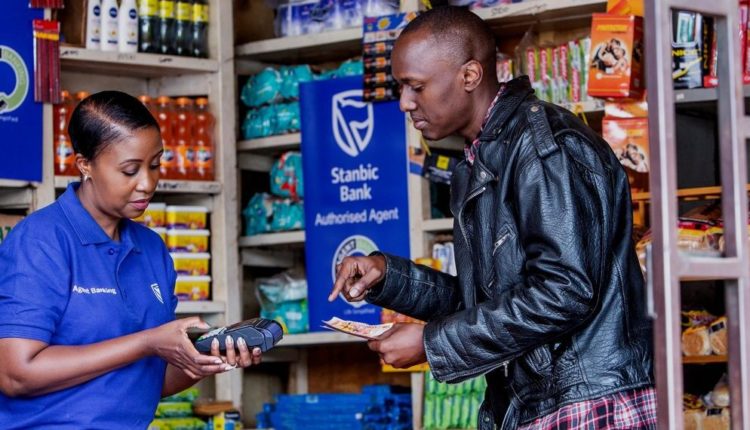The IHS Markit Ghana Purchasing Managers Index (PMI) which gauges the rate of inventory accumulation by managers of private sector firms and measures dynamics in economic activity, decreased to 50.8 in January of 2022, from 51.8 in December 2021.
This is an indication of a slowdown in private sector activity but still signaling possible business conditions at the start of the year.
“New order growth remained solid, slowing only slightly from that seen in December as demand continued to improve. Employment and purchasing activity also rose further but output shrank for the first time in five months”.
The recent IHS Markit Ghana PMI showed that suppliers’ delivery times continued to improve amid competition among suppliers and clear requirements provided to vendors in terms of delivery needs.
In an earlier report, the Bank of Ghana disclosed that its latest confidence surveys conducted in December 2021 signaled mixed sentiments.
According to the BoG, consumer confidence reduced because of recent increases in ex-pump petroleum prices and the announcement of new tax measures in the 2022 budget, business sentiments, on the other hand, improved.
The improved business sentiments were driven by the achievement of short-term company targets and optimism about companies’ growth prospects.
Meanwhile, on the price front, IHS Markit warned that inflationary pressure remained elevated. In the recent CPI data released by the Ghana Statistical Service (GSS), inflation rose to 13.9 percent in January 2022, from 12.6 percent in December 2021.
For the first time in seven months, non-food inflation on a year-on-year basis, surpassed food inflation and the main driver was Housing, Water, Electricity, Gas and Other Fuels subclass.
Inflation in the transport subclass was also high which may increase further as transport operators are calling for an increase in transport fares by 30 percent.
“Looking ahead, sentiment improved to the second-highest in 15 months amid positive expectations regarding new orders”.
Ghana Private Sector Activity In December 2021
Before slowing in January this year, business conditions in Ghana’s private sector improved for four consecutive months. In December last year, the IHS Markit Ghana PMI rose to 51.8, from 51 in November 2021.
In the last month of last year, output and new orders increased much faster, amid widespread reports of improving customer demand. Employment also rose at a solid pace, with the rate of job creation quickening for the third month running to the strongest since February 2020.
Buying activity also increased sharply helped by shorter delivery times, but stocks of purchases fell for the second time, as firms were reluctant to stockpile items due to rising input prices.
Actually, inflationary pressures remained marked, with higher input costs feeding through to increases in selling prices, according to the IHS Markit report.
The recent IHS Markit report, however noted that business sentiment is still in line with the series average, as firms expect demand improvements to continue over the course of 2022 with the hope that the COVID-19 pandemic will remain under control.
The Ghana Purchasing Managers’ Index is based on data compiled from monthly replies to questionnaires sent to purchasing executives in approximately 400 private sector companies, which have been carefully selected to accurately represent the true structure of the Ghanaian economy, including agriculture, construction, industry, services and wholesale & retail.
The Purchasing Managers’ Index (PMI) is a composite index based on five of the individual sub-components with the following weights: New Orders- 0.3, Output- 0.25, Employment- 0.2, Suppliers’ Delivery Times- 0.15, Stock of Items Purchased- 0.1, with the Suppliers’ Delivery Times sub-component inverted so that it moves in a comparable direction.


Comments are closed.